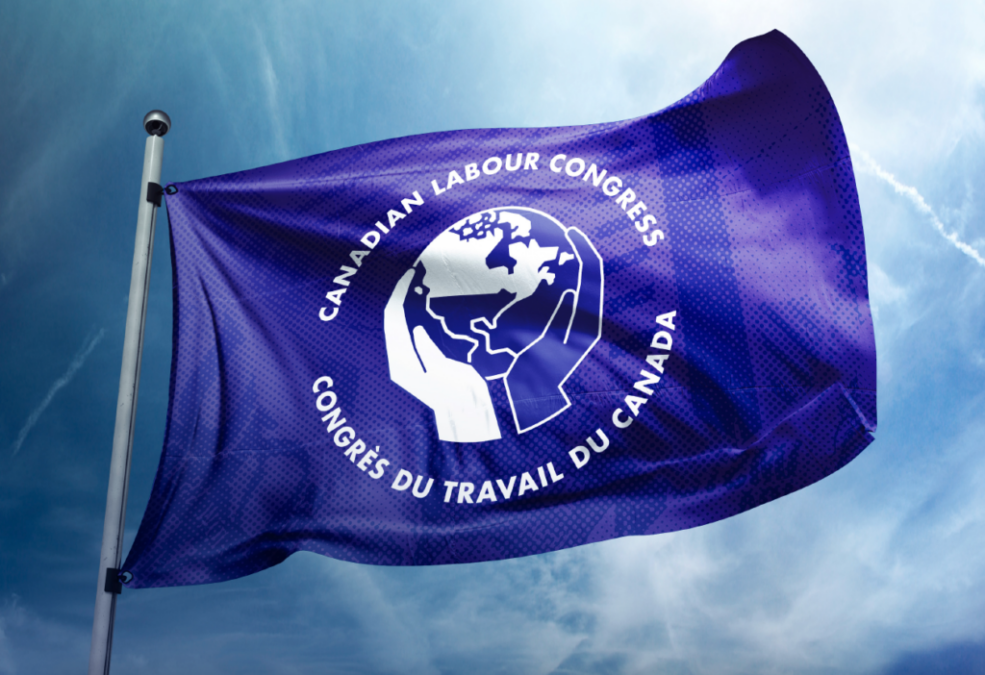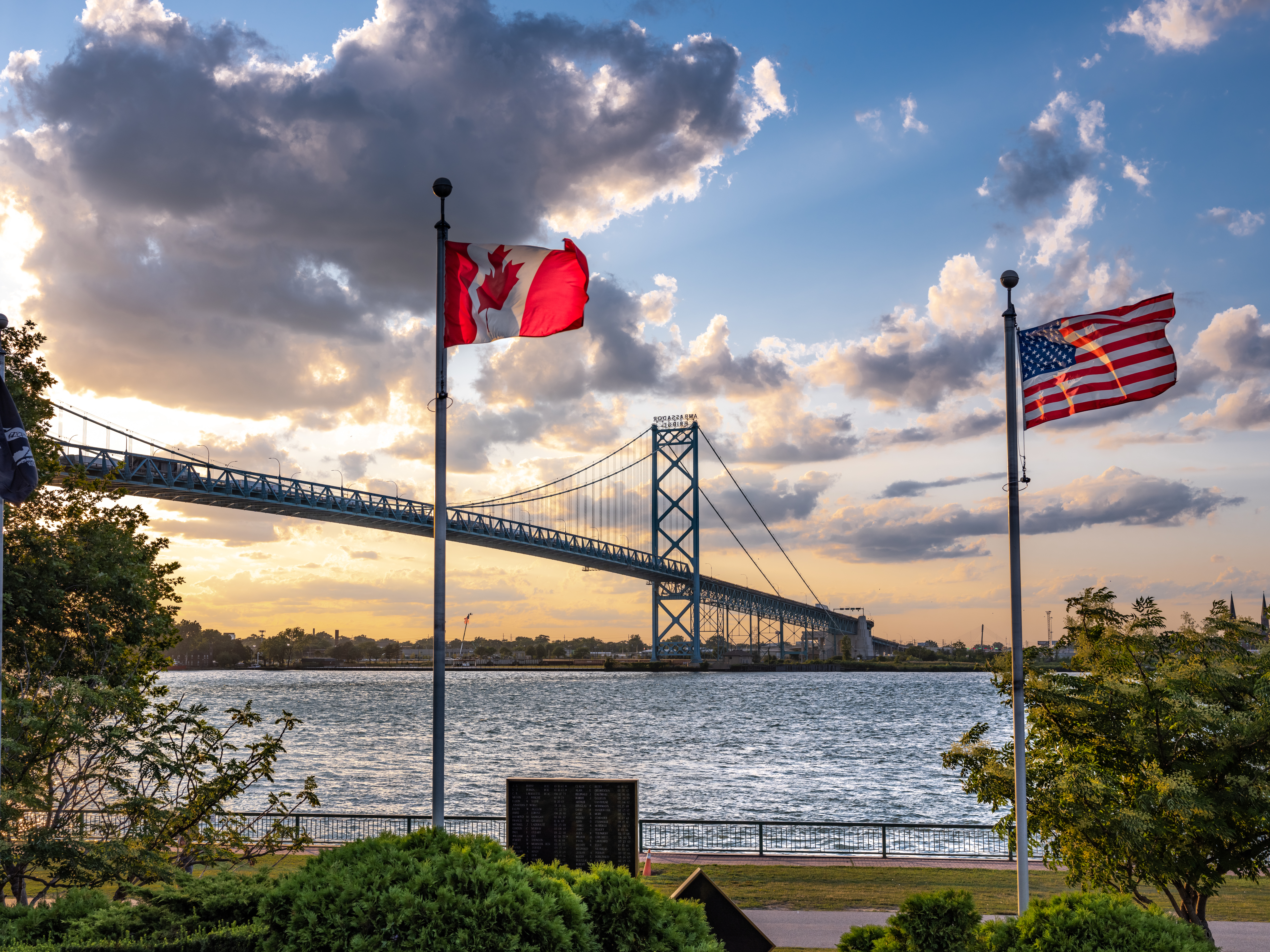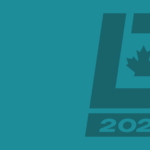
Trade and International Affairs
Canada’s unions unite in protest over TPP trade deal announcement
January 23, 2018
Canada’s unions are uniting in protest over today’s announcement that the Canadian government is signing onto a new Trans-Pacific Partnership trade deal, saying the move directly contradicts the government’s claim that it is standing up for Canadian workers.
“The way this new deal was suddenly announced, without any consultation or transparency, is undemocratic and flies in the face of the government’s claims that it is standing up for workers in trade negotiations,” said CLC President Hassan Yussuff.
Yussuff recalled widespread opposition to the TPP in cross-Canada consultations in 2016.
“Everywhere the government went, Canadians were clear that they opposed the deal because it would cost Canadian jobs and harm Canadian industries,” he said.
“It’s clear that none of those issues have been resolved. This deal won’t just undermine Canadian workers in its own right, but will undermine any possibility of a progressive strategy on NAFTA or any other trade deals,” he added.
Problems highlighted by Canada’s unions since Canada first joined TPP negotiations in 2012 include:
- Chapter 12 of the TPP, which gives corporations the ability to bring employees to Canada en masse, without any requirement that they be paid fairly;
- That it allows employers to transfer skilled trades and technical employees to Canada with no requirement that they attempt to hire within Canada first;
- That the deal’s labour provisions have no teeth and provide no guarantees that basic workers’ rights will be protected or that workers will be able to exercise their rights to form a union and to engage in collective bargaining;
- That the deal will mean massive job losses in Canada’s auto sector because it eliminates any incentive to manufacture vehicles in Canada and increases the incentive to source auto parts from low-wage non-TPP nations. No side deal can improve Canada’s auto exports to Japan; and
- That it will undermine efforts to combat climate change. Investor-state dispute mechanisms allow corporations to challenge environmental regulations and could put a chill on governments trying to fight climate change.
Yussuff says it isn’t clear yet whether the new deal will protect the Canadian dairy market. 250 million liters of milk, and the production jobs that come from that, are at risk annually.




